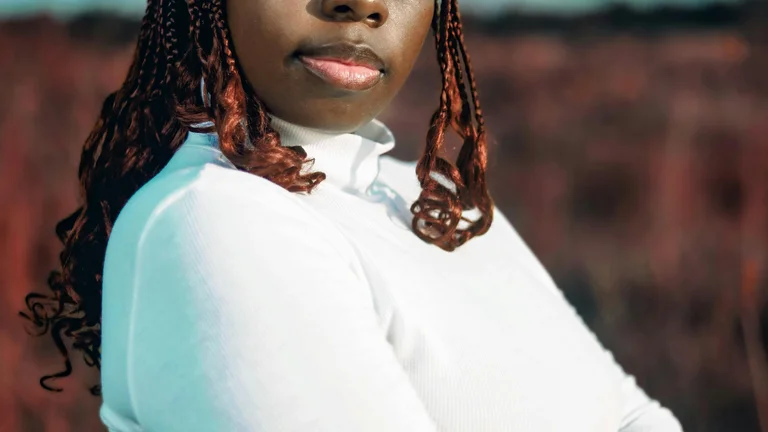Setting the Stage for Justice

Quentin Tarantino’s Django Unchained transports viewers to the pre-Civil War American South, exploring themes of justice and revenge amid the brutal reality of slavery. The film opens with a vivid portrayal of this dark chapter in history, introducing Django, a enslaved man portrayed by Jamie Foxx. Django’s journey begins when he encounters Dr. King Schultz, a bounty hunter played by Christoph Waltz. The initiation of their partnership is crucial; Schultz identifies Django as possessing knowledge about a group of fugitives he is after. This moment not only sets the stage for Django's transformation from slave to free man but also highlights the initial acts of justice that punctuate the narrative. The dynamic between Django and Schultz allows for a unique perspective on morality, pity, and the quest for justice.
The Underlying Desire for Revenge
As Django embarks on his journey, the themes of revenge become increasingly prominent. The character's motivations shift from a desire to simply escape slavery to a relentless pursuit of vengeance against those who have wronged him. Django's wife, Broomhilda, becomes a pivotal figure in this transformation. Captured by the brutal plantation owner Calvin Candie, Django's need to rescue her intensifies his resolve to enact revenge. This narrative thread embodies the emotional weight of his quest, bridging the gap between personal justice and the broader implications of retribution in a society rife with injustice.
Justice and Morality: An Intricate Dance
The interplay between justice and morality in Django Unchained raises important questions. Django's alliance with Schultz introduces a moral complexity; while their actions are aimed at capturing criminals for bounty, their methods often blur the line between justice and vengeance. Throughout the film, audiences witness their pursuit of Django's enemies, culminating in violent confrontations that test the limits of ethical retribution. Correspondingly, characters like Candie illustrate the embodiment of moral depravity and the dark side of societal values that require audiences to grapple with the ethics of their actions. The brutality depicted is often unsettling yet serves to emphasize the moral dilemmas faced by those engaged in the fight against oppression.
The Climactic Confrontation
The film builds towards a climactic moment of revenge when Django confronts Candie and his brutal henchmen. This moment is rife with tension, encapsulating the culmination of Django’s struggle. Utilizing intelligence and cunning rather than mere brute force, Django exemplifies a departure from traditional revenge narratives. Here, formal justice is replaced with a personal form of equity. Django’s triumph signifies not only a personal victory over systemic cruelty but also serves as a metaphor for the broader struggles faced by marginalized populations. This scene escalates the theme of revenge, framing it within the context of justice—Django emerges not just as an avenger but as an agent of change within an unjust society.
The Aftermath of Retribution
In the aftermath of Django’s violent reclamation of agency, Tarantino leaves audiences reflecting on the larger implications of justice and revenge. Digital depictions of Django’s actions may stir feelings of catharsis but invite uncomfortable questions about moral righteousness. The legacy of Django's actions calls into question the price of justice achieved through violence. By intertwining revenge with a sense of justice, Tarantino prompts viewers to grapple with their responses to both moral and immoral acts. Ultimately, Django’s journey conveys the complexity of vengeance—do the ends justify the means, or is there a cost that transcends mere retribution?
FAQ
What themes are central to Django Unchained?
Central themes include justice and revenge, highlighting the struggle against oppression and the moral complexities surrounding retribution.
How does Django's character evolve throughout the film?
Django evolves from a submissive slave to a powerful figure seeking vengeance, driven by the desire to rescue his wife.
What role does Dr. King Schultz play in Django's journey?
Dr. Schultz acts as a mentor and ally to Django, guiding him on his path to freedom and revenge.
How does Tarantino address the concept of morality in the film?
Tarantino presents a complex view of morality, challenging the audience to question the ethics of vengeance against systemic cruelty.
Is Django Unchained solely about revenge?
While revenge is a significant theme, the film also explores broader issues of justice, morality, and the implications of radical change.
In Django Unchained, justice and revenge are intricately woven, presenting Django’s journey from a slave to an avenger. The film explores moral complexities within the context of a slave's desperate fight for freedom, prompting audiences to reflect on the price of justice achieved through violence.
Conclusão sobre Justice and revenge in Django Unchained.